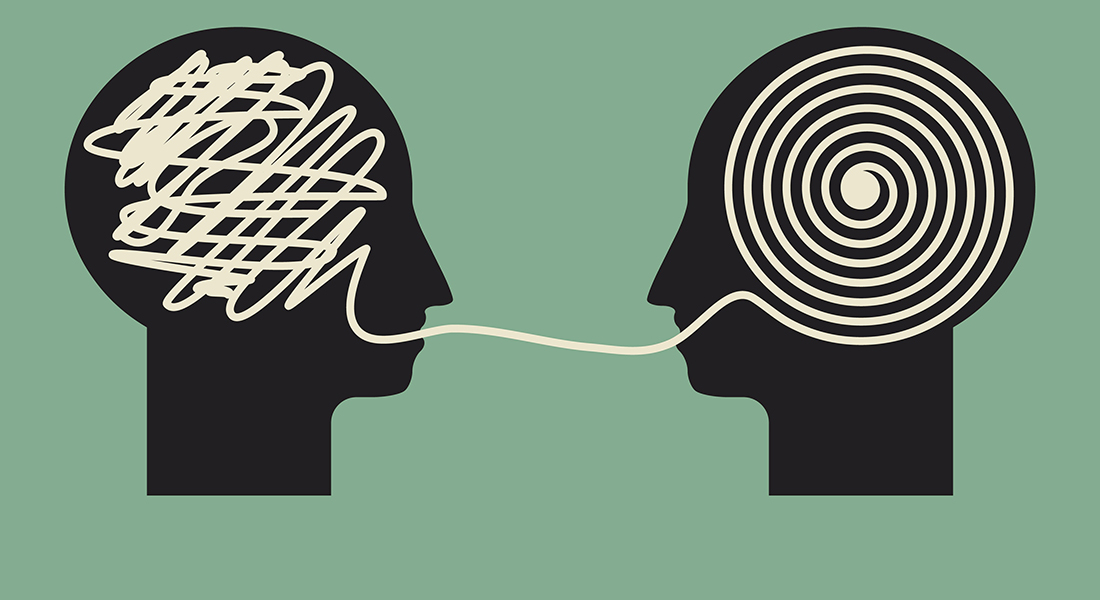About the centre
The Centre for Culture and the Mind explores how the human mind and common humanity have been imagined in different cultural, socio-political and disciplinary contexts, examining the assumptions and forces which shaped such definitions.
These questions have been plaguing both ‘psy’ sciences and humanities for over a century, while the trend was further accelerated in response to decolonisation. The puzzling relationship between cultural difference and the human psyche has been reframed multiple times, with the rise of transcultural psychiatry in mid-twentieth century playing a major role. However, the core questions about the universality or otherwise of the human mind remain as difficult to answer today as they were a century ago. The Centre will demonstrate that the issue of the culture-mind relationship lays at the core of many social, political and medical debates.
Through analysing how different cross-cultural models of the psyche were formulated, critiqued and clinically tested, the Centre’s interdisciplinary team aims to develop a new framework for understanding cross-cultural interventions, which pushes beyond the binary of universalism and cultural relativism in order to arrive at a more complex, historically and clinically nuanced model of interaction between socio-cultural contexts and ideas of the psyche.
Partner
The centre will link a leading cross-cultural psychiatric clinic - the Competence Centre for Transcultural Psychiatry (CTP), Mental Health Centre Ballerup, Denmark - with a vibrant network of humanities researchers in order to develop an interdisciplinary analytical framework as well as a model for collaboration in cross-cultural studies of the mind.
Funding

Period: 2023 - 2029
Head of centre: Ana Antic
